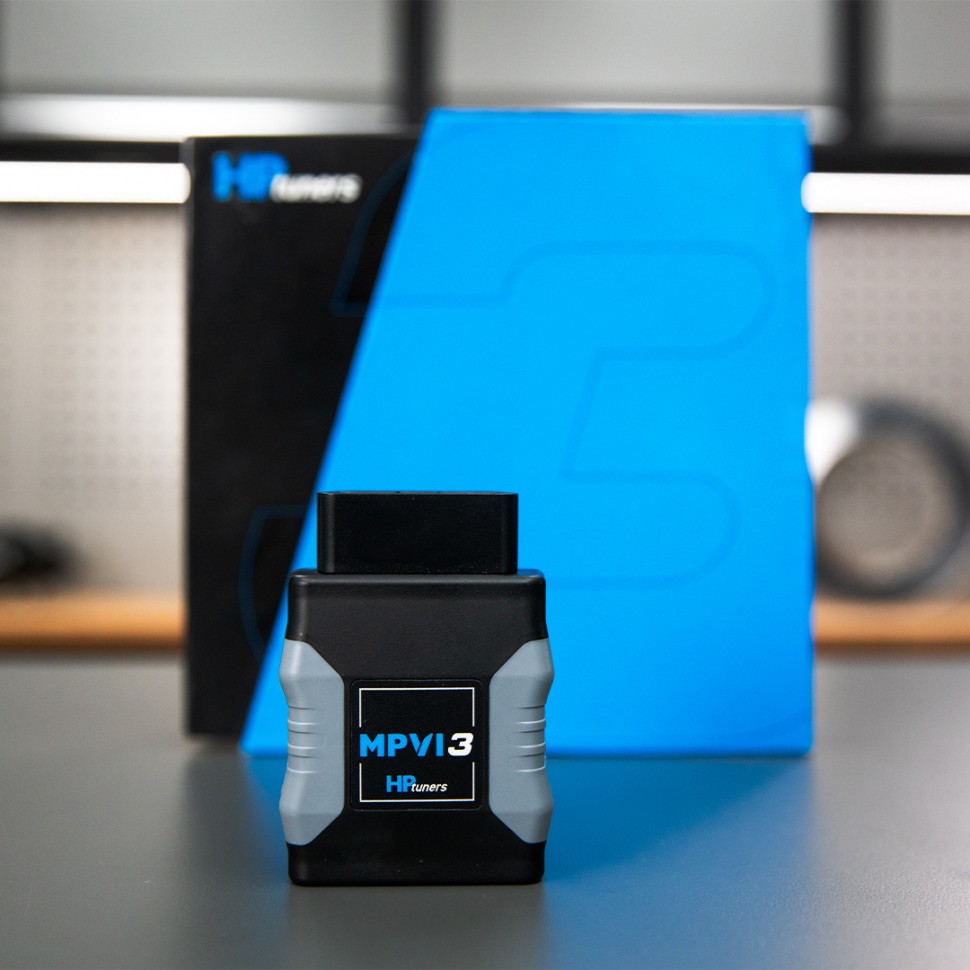| 00:00 |
- When the time comes to actually make tuning changes, we've got two options as to how we can apply these changes.
|
| 00:08 |
The first is on a dyno, while the other option is to perform our tuning on the road.
|
| 00:14 |
We're going to discuss dynos in detail shortly, but in short, it's a piece of equipment that allows us to simulate a load on the engine, just like driving down the street, and more importantly, accurately measure the amount of power and torque the engine's producing.
|
| 00:33 |
It stands to reason that since the dyno can tell us exactly how much power and torque the engine is producing, that this is the best and most accurate way of making tuning changes.
|
| 00:45 |
There's no guesswork involved, and we can immediately see if the change we've just made has moved us in the right direction.
|
| 00:54 |
This allows us to optimise a tune quickly, and generally, it ensures we're going to be getting the best results possible from a tuning session.
|
| 01:04 |
If you don't have access to a dyno, don't worry.
|
| 01:08 |
Dynos are expensive pieces of equipiment regardless if you're wanting to rent dyno time or you're considering purchasing one.
|
| 01:17 |
Some cities around the world, and even some entire countries, don't have access to any dynos, so tuning on the road is the only option in this situation.
|
| 01:29 |
Now, it might sound crude, but road tuning can actually be very effective when performed correctly.
|
| 01:36 |
It can even offer some advantages over dyno tuning that might be easy to overlook initially.
|
| 01:43 |
For example, even in a well-designed dyno cell, it's very difficult to accurately replicate the airflow and temperatures you're likely to see when driving your car at speed on the open road or racetrack.
|
| 01:58 |
Since we don't drive or race our cars on the dyno, we're much more interested in making sure that our tune is correct out in the real world.
|
| 02:06 |
Another consideration is that, often we can't access all of the areas of the fuel and ignition maps when we're on the dyno.
|
| 02:15 |
On the road, when we're cruising along, just barely touching the throttle, for example, or perhaps driving down a slight hill, we may end up in an area of the mapping that we couldn't get to on the dyno.
|
| 02:28 |
This is one of the reasons I always like to confirm and optimise my tunes on the road, even when I have the ability to tune on a dyno.
|
| 02:37 |
The downside of road-tuning is that we don't get the feedback we see on a dyno to help guide us with our tuning changes.
|
| 02:45 |
The seat-of-the-pants is notoriously inaccurate, and it's impossible for even a sensitive driver to notice small changes of a few horsepower.
|
| 02:56 |
This means that if you're road-tuning, you need to accept that you might not quite achieve the maximum power that your engine's capable of.
|
| 03:06 |
For a lot of people just getting started in tuning, road-tuning is a great option, since it's not going to cost you anything more than the fuel for your car.
|
| 03:16 |
If you have a lot of time on your hands, you can experiment and hone your tuning skills out on the road without breaking the bank.
|
| 03:24 |
Performed correctly, this will get your tune very close to optimal, and if you have access to a local dyno, you can always hire an hour or two of dyno time to put the finishing touches on the tune, and ensure you are getting the best results.
|





